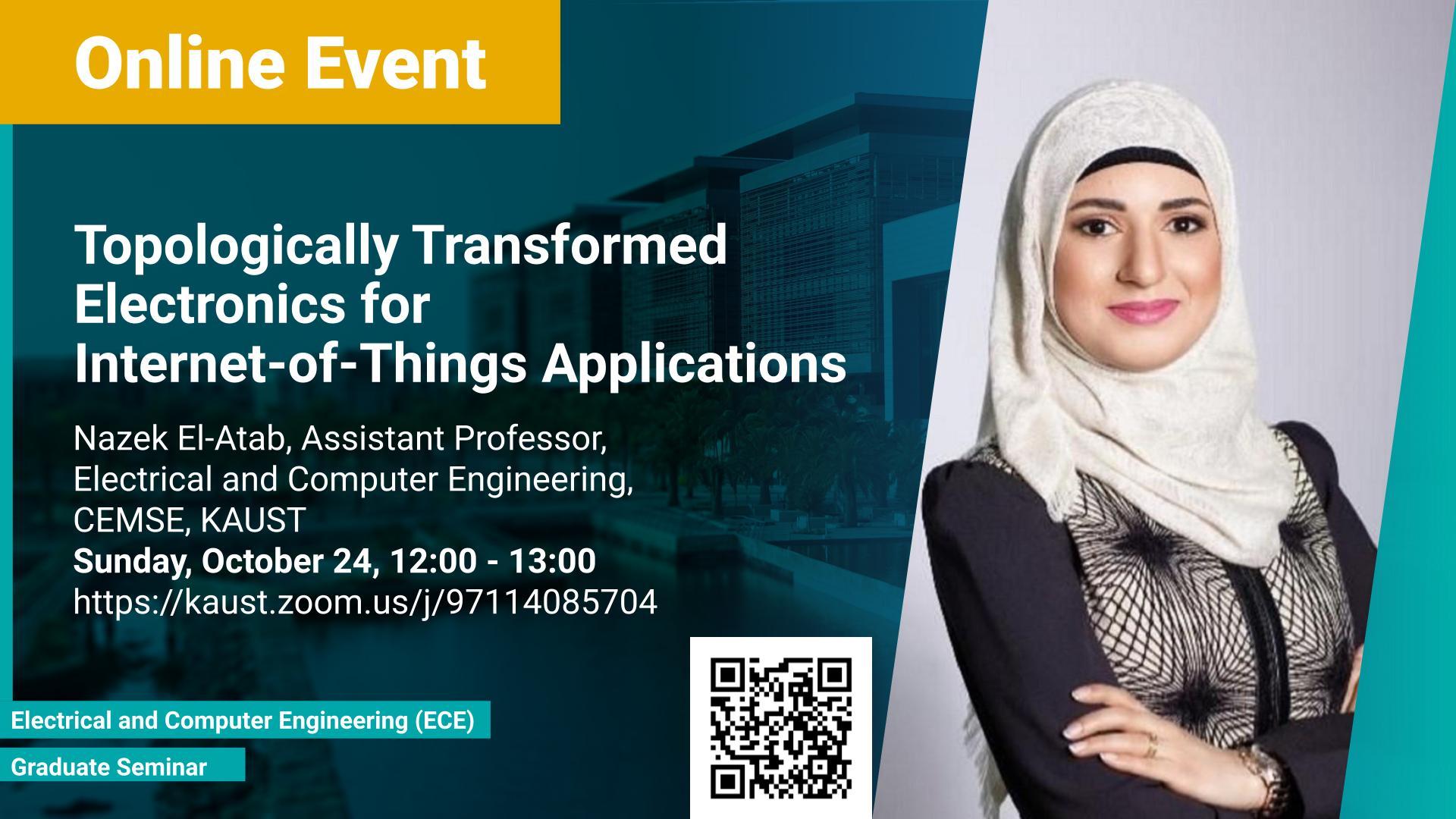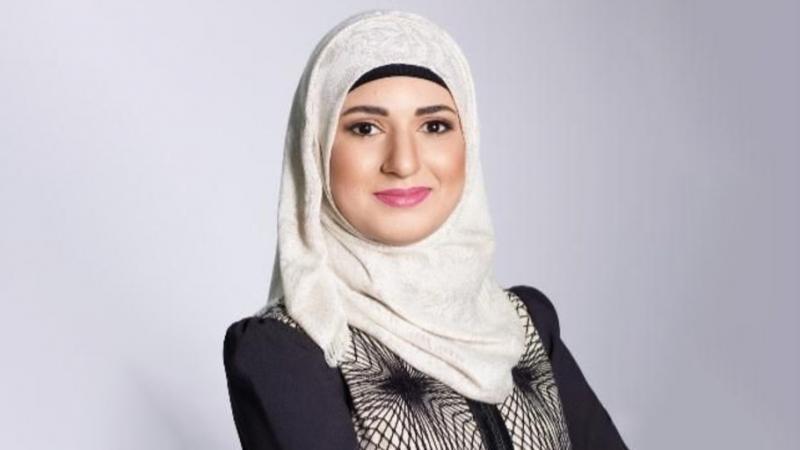Abstract
We live in the age of information where electronics play a critical role in our daily life. Moore’s Law: performance over cost has inspired innovation in complementary metal oxide semiconductor (CMOS) technology and enabled high performance, ultra-scaled CMOS electronics. Moving forward as Internet of Everything (IoE) with advanced energy harvesting technologies seamlessly connects people, process, device and data – can CMOS technology be expanded further to achieve new features in CMOS electronics while maintaining and/or strengthening existing attributes? Can the existing applications be further strengthened and/or diversified? What potential applications may emerge? What energy harvesting technology will be able to meet the power requirements? My research addresses these questions through three main projects: 1) Nano-islands growth using an atomic layer deposition tool for application in low power non-volatile memory devices, 2) Multi-dimensional integration of heterogeneous materials and devices into a standalone system with a reduced area, high yield and low cost for IoT applications and 3) Flexing and stretching of inorganic solar cells with high efficiency for application in wearables, foldable electronics and solar drones. Finally, I propose a future direction for my research where I intend to leverage the materials growth, device fabrication and integration skills in order to contribute to a world where more connectivity and more computations are possible at a reduced energy consumption. This will be addressed using an innovative, smart and multifunctional memory device (MEMSOR) which enables In-Memory Sensing.
Brief Biography
Nazek El-Atab is an Assistant Professor of Electrical and Computer Engineering and the Principal Investigator of the Smart, Advanced Memory and Applications lab at King Abdullah University of Science and Technology, Saudi Arabia. She received her B.Sc. degree in Computer and Communications Engineering from the Hariri Canadian University, Lebanon, in 2012, her M.Sc. degree in Microsystems Engineering from the Masdar Institute of Science and Technology, Abu Dhabi, UAE, in 2014, and her Ph.D. degree in Interdisciplinary Engineering from the Masdar Institute of Science and Technology in 2017, under a cooperative program with the MIT and funded by the US office of Naval Research. During her PhD, she worked as a visiting researcher with Prof. Krishna Saraswat at Stanford University. She is an IEEE Electron Device Society Distinguished Lecturer, a Senior IEEE Member and currently serves as the Chair of the Western Saudi Arabia IEEE Electron Device Society Chapter. She has received several awards for her research, including the 2015 For Women in Science Middle East Fellowship by L’Oreal-UNESCO, the 2016 IEEE Nanotechnology Student Travel Award, the 2017 International Rising Talents Award by L’Oreal-UNESCO, the 2018 “Hariri Canadian University” Alumni Award, and was portrayed in the 2019 “Remarkable Women in Technology” by UNESCO. Dr. El-Atab was also selected to participate in the 70th Lindau Nobel Laureate Meeting in Germany and the 2020 UC Berkeley EECS Rising Stars program. More recently, Dr. El-Atab has been selected among the 10 Innovators under 35 by MIT Technology Review Arabia. She has published over 30 papers in international peer-reviewed scientific journals, 40 conference presentations, 2 book chapters, 2 books and has 7 filed U.S. patents. She is currently serving as an Associate Editor at the Nano Select journal by Wiley and as a Review Editor at the Flexible Electronics journal by Frontiers in Electronics.

